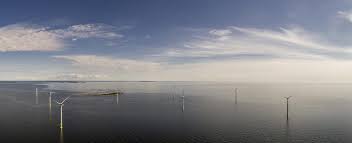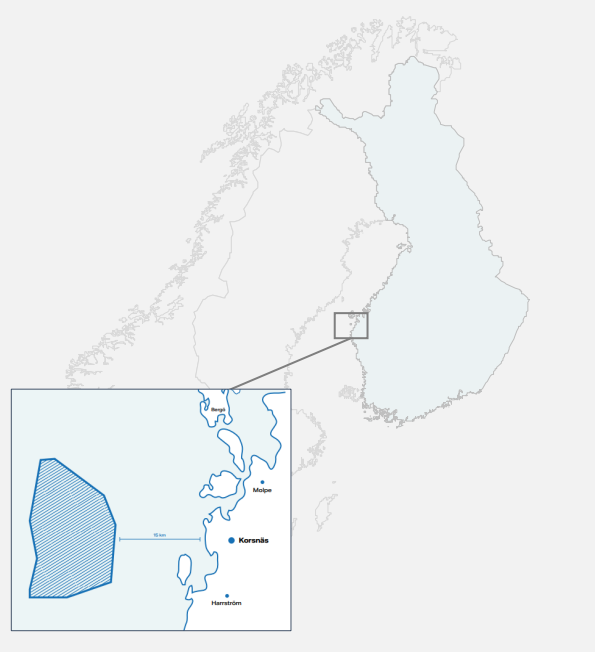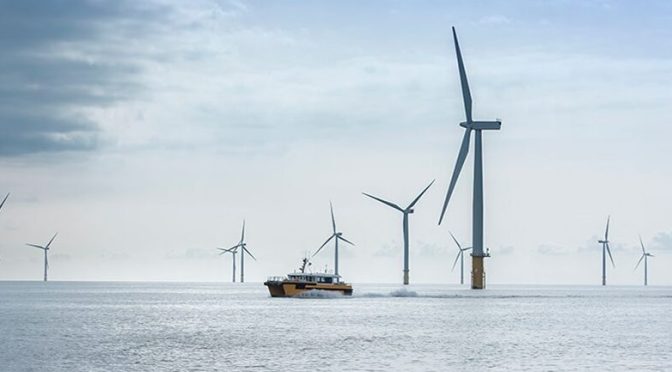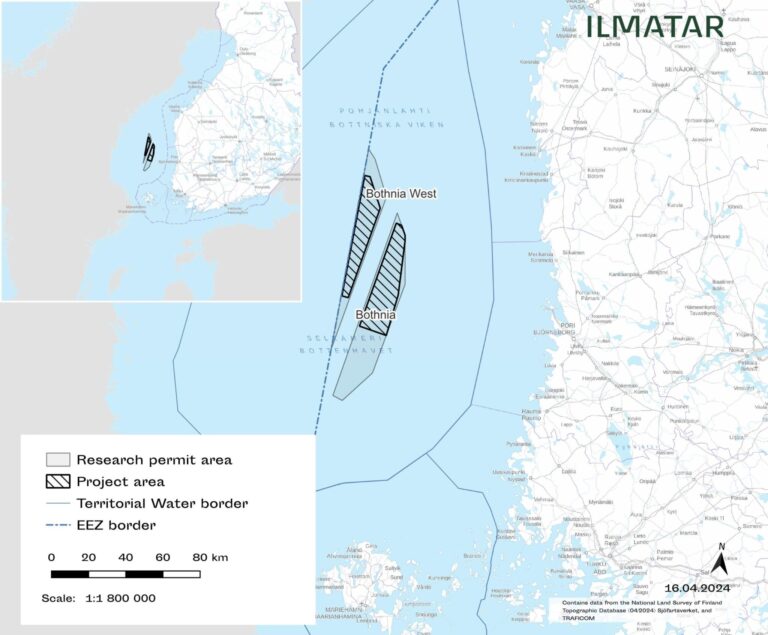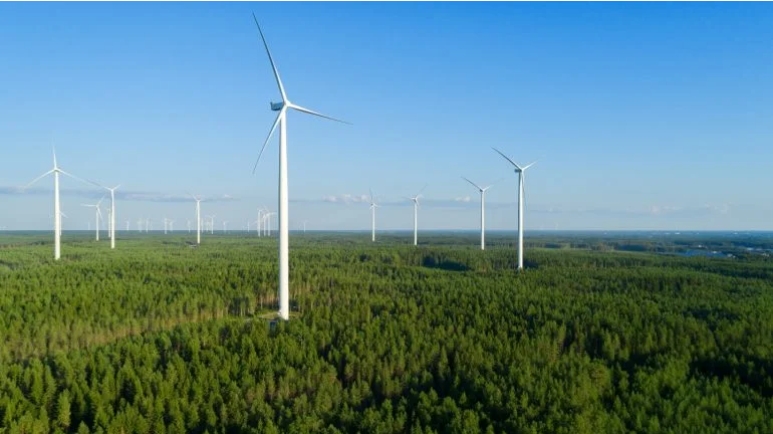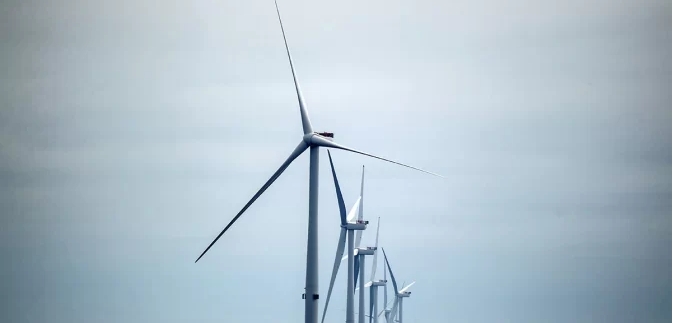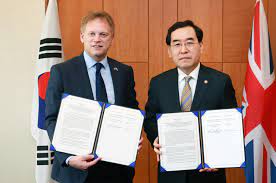
As part of the run-up to the G7 Ministers’ Meeting on Climate, Energy, and Environment in Japan on April 15–16, U.K. energy security secretary Grant Shapps met in Seoul yesterday with South Korean trade, industry, and energy minister Chang-yang Lee to discuss closer collaboration on clean energy development and energy security.
The meeting produced a joint statement of cooperation between the two nations on the transition to clean energy, including, prominently, nuclear power generation. This is what the statement focuses on, according to a U.K. government news release:
Accelerating plans for civil nuclear—with the United Kingdom and South Korea in united agreement that nuclear energy has an essential role to play in creating secure and affordable energy.
Collaborating to promote the highest standards of nuclear safety, regulation, security, safeguards, and nonproliferation—setting a global standard.
Confirming plans to build robust and resilient nuclear supply chains and to share experiences in developing the latest advanced civil nuclear technologies, including small modular reactors.
Reaffirming a shared commitment to accelerate the just transition away from unabated coal power and actively collaborate on expanding renewable energy technologies.
What they’re saying: The South Korean government is “making multifaceted policy efforts for energy transition in shifting towards carbon neutral on the principle of stable power supply,” Lee stated, adding that it “plans to expand renewable energy to appropriate and attainable levels while utilizing nuclear energy, a zero-carbon power source, on the premise of securing stability.”
In a speech yesterday to the Offshore Wind Industry Seminar at the Federation of Korean Industries in Seoul, Shapps said, “On this 140th anniversary of U.K./Korea diplomatic relations . . . let us look forward to future success. A future of greater energy security. A future where clean renewables and nuclear power rapidly make fossil fuels obsolete. And a future of close, mutually beneficial collaboration between Britain and Korea.”
